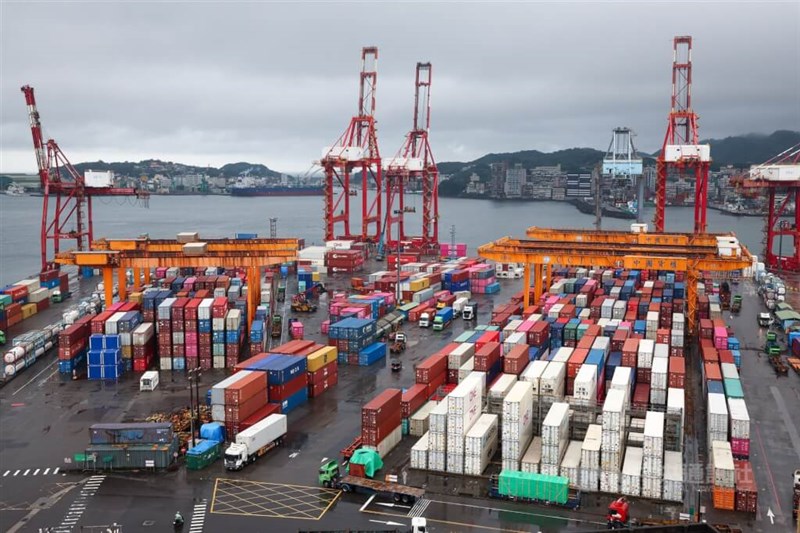
Taipei, June 2 (CNA) Manufacturing activity in Taiwan improved and returned to expansion in May, reflecting an increase in production and new orders among other factors from a month earlier, the Chung-Hua Institution for Economic Research (CIER) said Monday.
CIER said local manufacturing activity contracted in April, when U.S. President Donald Trump announced sweeping "reciprocal" tariffs, but data compiled by the think tank showed the major factors in the purchasing managers' index (PMI), which gauges the fundamentals of the manufacturing sector, largely stopped falling this month to push up the index by 2.1 from a month earlier to 51.0 in May.
In the service sector, the non-manufacturing index (NMI) also moved higher by 0.9 from a month earlier to 51.9 in May and stayed in expansion mode for the third straight month, the CEIR data indicated.
PMI and NMI readings above 50 indicate expansion, while those below 50 show contraction.
Among the major factors of the May PMI, the sub-indexes for production rose 3.3 from a month earlier to 50.8 in expansion, and the sub-index on new orders rose 1.6 to 49.1 but was still in contraction, CIER said.
In May, the sub-indexes on employment and inventories also rose 2.7 and 3.5, respectively, from a month earlier to 49.3, and 53.6, while the sub-index on supplier deliveries fell 0.3 to 52.4, CIER added.
The sub-index on the outlook over the next six months rose 4.9 from a month earlier to 40.9 but stayed in contraction mode for the second consecutive month, according to CIER.
By industry, CIER said, the sub-indexes for the chemical/biotech, electronics/optoelectronics, and electricity and electric equipment industries moved higher from a month earlier and the three were in expansion in May.
Bucking the upturn, the sub-indexes for food/textiles, basic raw materials and transportation equipment industries moved lower from a month earlier and the three were in contraction in May, CIER said.
Trump first announced "reciprocal" tariffs on April 2 on countries that have high trade surpluses with Washington, including a 32 percent import duty on goods from Taiwan, before announcing a 90-day pause a week later to allow negotiations for a lower levy.
According to CIER, the 90-day pause prompted American buyers to place orders with Taiwanese suppliers, while rush orders from Chinese buyers also boosted manufacturing activity in Taiwan.
At a news conference, CIER President Lien Hsien-ming (連賢明) said the information and communications industry benefited from an increase in orders but old economy industries appeared to be left out.
As uncertainties created by the U.S. tariffs remain in place, Lien said, many companies in the manufacturing sector prefer to stay cautious over the second half of this year, adding few can be sure how long rush orders will last.
Among the major factors in the May NMI, the sub-indexes for business activity, new orders and supplier deliveries moved higher by 1.9 and 2.5, respectively, to 50.6 and 51.0, with both in expansion.
Although the sub-index on employment stayed unchanged from a month earlier at 51.2, and the sub-index on supplier deliveries fell 1.1 to 54.6 in May, the two were still in expansion.
CIER said the sub-index on the outlook over the next six months rose 10.9 from a month earlier to 40.0 in May but remained in contraction for the third consecutive month.
- Society
Two dead, over 300 injured as storm Danas sweeps Taiwan
07/07/2025 12:56 PM - Politics
Top Haitian diplomat makes first visit to Taiwan
07/07/2025 12:04 PM - Business
U.S. dollar up in Taipei trading
07/07/2025 11:50 AM - Society
Taiwan Railway's Douliu-Tainan service suspended due to typhoon
07/07/2025 11:43 AM - Society
Danas weakens to tropical storm as eye leaves Taiwan early Monday
07/07/2025 10:38 AM